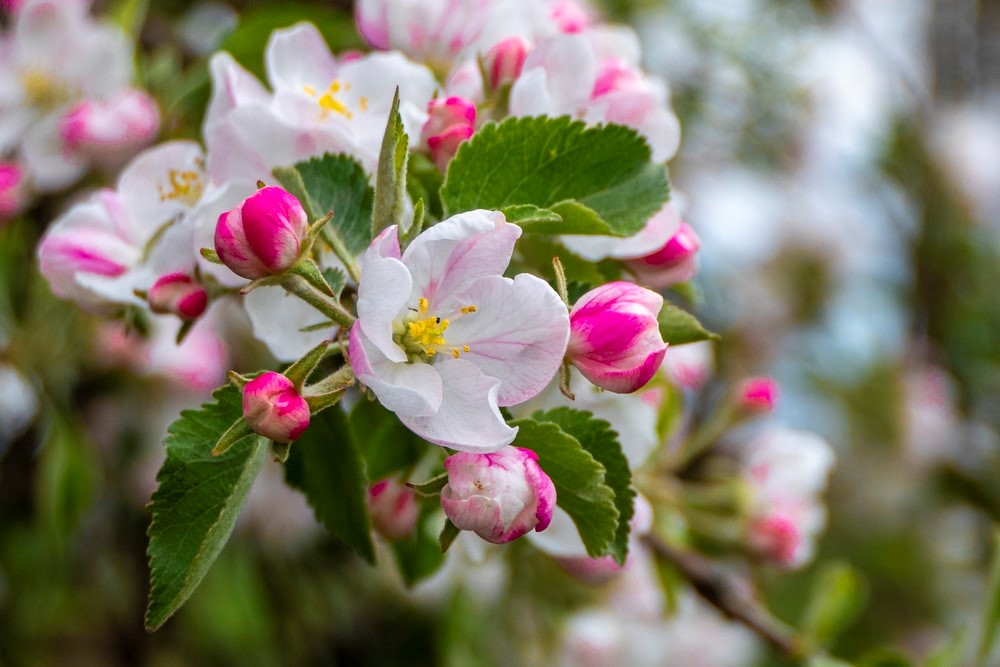It would be his son Philip and Helen who took the first steps into cider making. Surely, they believed, there was a market for small scale, chemical and additive free cider and apple juice, made with apples from their own orchards in the traditional way.
There was. Helen and Philip’s Armagh Cider Company is now a byword for excellence, as modern tastes demand the purity and quality only a traditional cider maker can supply. Others followed and now Armagh has several acclaimed cider companies.
The apple season begins around the end of April, when the beautiful rolling countryside of Armagh is transformed by acres of intense pink apple blossom (with little patches of white and red from the cider and eating apples).
The apples, which begin to grow after the blossom fades, are harvested between September and November. Then they are hand pressed, with yeast added, and left to ferment. By May or June they are ready to be bottled. Nothing but pure apple juice is used in the Armagh Cider Company cider, which proudly bears the PGI logo.
Not only do they produce many different kinds of cider, but each one is a different mix of apples – different formulations of Bramley, cider apples and traditional eating apples long gone from our shops (Helen and Philip grow over 30 varieties). They add a slight touch of Bramley to the mix of eating apples that compose their delicious apple juice.
Discover this ancient craft for yourself on regular orchard tours and open farm days at Ballinteggart House when you can taste the apples and ciders and even make your own juice.
They are also part of the Armagh Food & Cider Festival in September.

